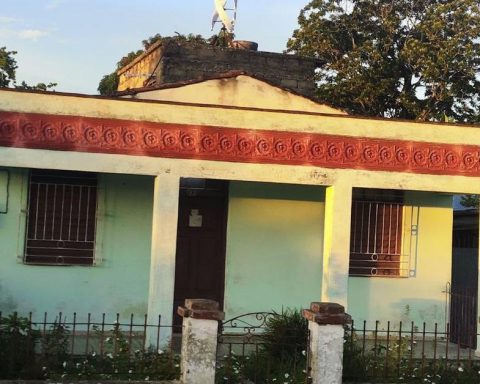For the second consecutive month, the Consumer Debt and Default Survey (Peic), conducted monthly by the National Confederation of Commerce of Goods, Services and Tourism (CNC), has recorded a drop in the debt of Brazilian families. The percentage of families reporting having debts to pay fell to 78% in August, below the 78.5% observed in July, but still higher than the rate of 77.4% recorded in August last year. 
According to the CNC, the result reflects a growing caution among families regarding the use of credit. Despite this reduction in overall debt, the number of families who consider themselves “very indebted” increased to 16.8%.
For the president of the CNC-Sesc-Senac System, José Roberto Tadros, the recent behavior of debt is directly linked to the macroeconomic scenario. “The GDP resultwhich reported 1.4% growth in the second quarter, exceeded expectations, but also revealed a still challenging economic environment. Debt relief is positive, but we need to consider that high interest rates and a slow economic recovery still generate uncertainty for Brazilian families. A possible decline in consumption could affect the resumption of growth,” Tadros emphasizes.
Default
Regarding default, the percentage of families with overdue debts remained stable at 28.8% for the third consecutive month, remaining slightly below that recorded in August 2023. However, the percentage of families that will not be able to pay their overdue debts rose to 12.1%, indicating that, even with the stabilization in the number of overdue accounts, financial difficulties remain. In addition, the percentage of debts overdue for more than 90 days increased to 48.6%, the highest since March 2020.
CNC’s chief economist, Felipe Tavares, notes that although debt is falling, families’ income commitment to paying debts is still high. “The average percentage of income commitment was 29.6% in August, showing that families are trying to keep their finances under control, but they have to extend terms and deal with high interest rates, which complicates the situation,” explains Tavares.
The percentage of families with more than half of their income committed to debt reached 19.9%, the highest since June of this year. CNC projections indicate that debt should rise again in the last quarter of the year, accompanying a gradual increase in default, which could reach 29.5% by December.
In terms of credit, credit cards continue to lead with an 85.7% share among debtors, despite a 0.4 pp decline compared to the previous month. Personal credit stood out with an increase of 0.5 pp compared to July and 1.8 pp in the annual comparison, reflecting the recent reductions in interest rates for this type of credit.
Rio Grande do Sul, affected by floods in May, has been showing a continuous increase in debt, which reached 92.9% in August, the highest percentage since October 2023. As a result, the state registered 39.1% of indebted families with overdue bills, the highest rate since December 2023, and 3.7% unable to pay them, the highest since August 2021.

















